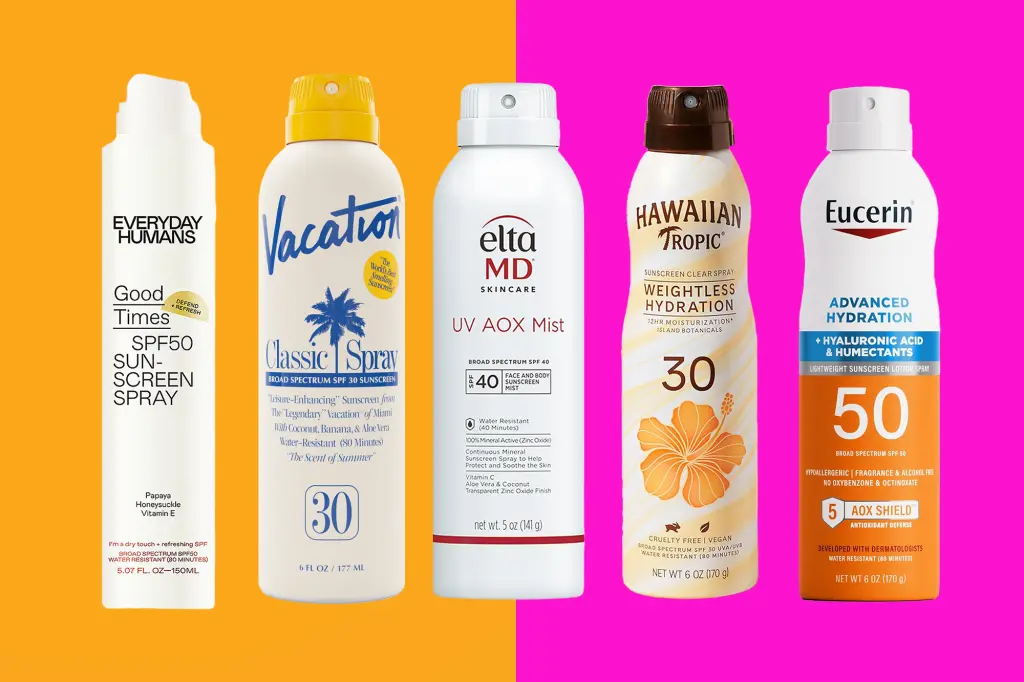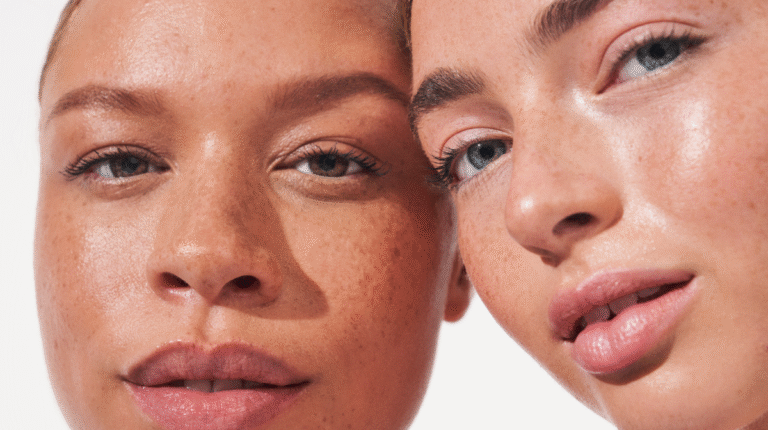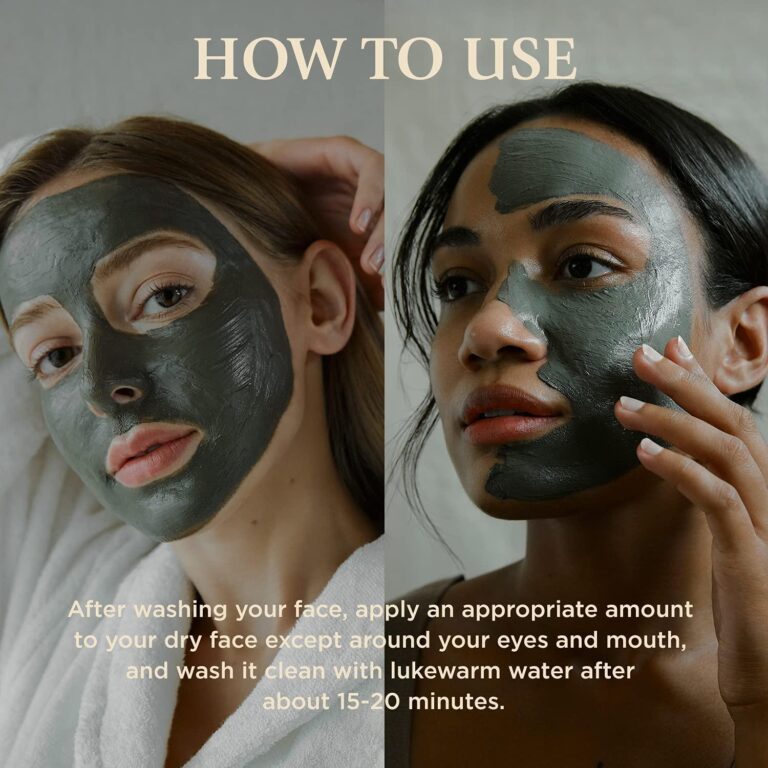
Spray sunscreens have the same active ingredients as lotions, Dr. Skelsey said, so they should be just as protective as lotions — if used correctly. As with lotions, adults and children over 6 months should use broad-spectrum spray sunscreens with an SPF of 30 or higher, Dr. Charles said
Spray sunscreens are a popular choice for people who want sun protection without the sticky feel of lotion. However, some spray sunscreens have been recalled for having cancer-causing ingredients.
We asked dermatologists about how to choose the right spray sunscreen and use it properly.
Is Spray Sunscreen Safe and Effective?
Spray sunscreens work just as well as creams or lotions as long as you use them correctly, according to Steve Daveluy, MD, a board-certified dermatologist and an associate professor in dermatology at Wayne State University.
Look for a spray made without an aerosol propellant, which may dilute the sunscreen and harm the environment.
Daveluy said that propellant was responsible for benzene, a carcinogen found in some recalled spray sunscreens. The benzene found in some recalled spray sunscreens likely came from the aerosol propellant, not the sunscreen itself.1 The level of benzene in those sunscreens was also not as high as what people would have been exposed to in gasoline, paints, glues, and cigarette smoke.
The biggest downside to using a spray sunscreen is that you might apply it unevenly or miss spots.
There’s also the risk of inhaling the spray. Daveluy said to never spray directly toward your head or face, especially when it’s windy. You should also avoid using spray sunscreens near an open flame because the alcohol content in the product is flammable.
Do You Need to Rub In Spray Sunscreen?
You still need to rub in spray sunscreen after applying it, and there’s no true “no rub” formula, Daveluy said.
You should spray an even coat before rubbing to avoid uneven coverage and burns, Daveluy added. If it’s windy outside, spray the sunscreen on your hands and rub it onto your skin. Even if it’s a facial spray, avoid spraying it directly on your face and use your hands to apply the sunscreen instead.
When to Use Spray Sunscreen Instead of Lotion
Daveluy said he prefers spray sunscreen when he’s working out or doing any outdoor activities because it’s easier to apply to sweaty, moist skin.
Anne Chapas, MD, a New York-based board-certified dermatologist and a member of the American Academy of Dermatology, said spray sunscreens are good for those in a hurry because they dry quickly. Sprays can also cover certain body parts that are harder to reach with hands.
Are Mineral Spray Sunscreens a Better Choice?
Mineral sunscreens, including spray ones, work well for sensitive skin. With zinc oxide or titanium dioxide as the active ingredient, mineral sunscreens are less likely to cause irritation and rashes.
Daveluy said this type of sunscreen “is safer than safe” because the ingredients are also used in diaper rash cream for babies.
Whether you choose spray or lotion, the best sunscreen is the one you’ll use regularly. “For any sunscreen, it’s all about finding something you like so that you will use it regularly,” Daveluy said.
What This Means For You
Spray sunscreens can offer effective sun protection if used correctly. But be careful not to spray the product directly onto your face or head, especially when it’s windy. You should also avoid using it near an open flame to avoid burn risks.







